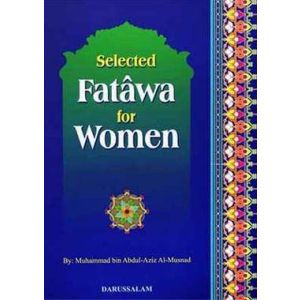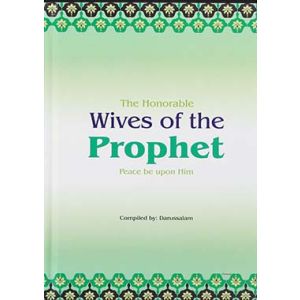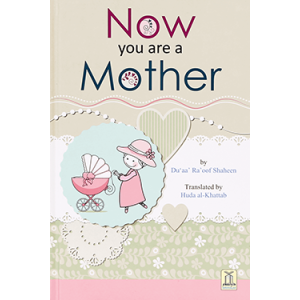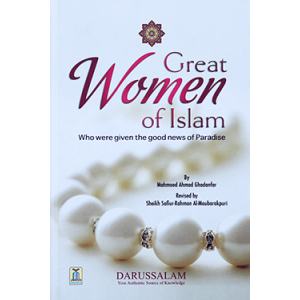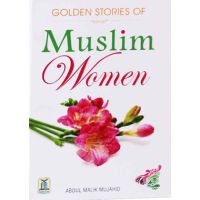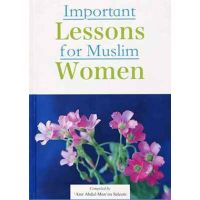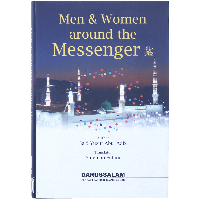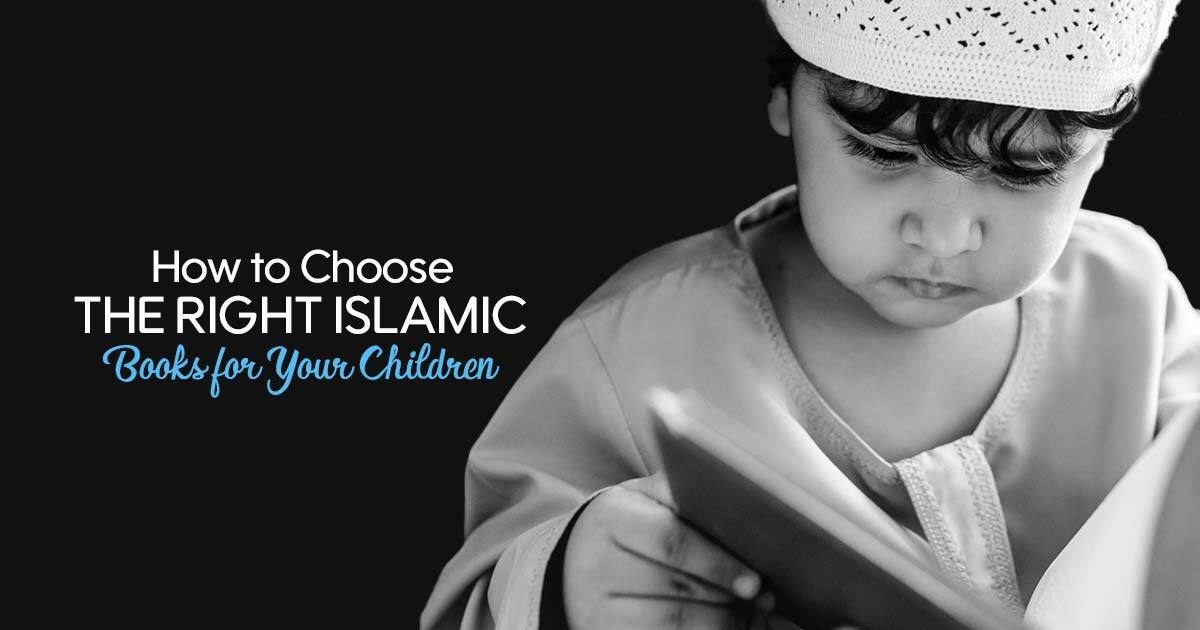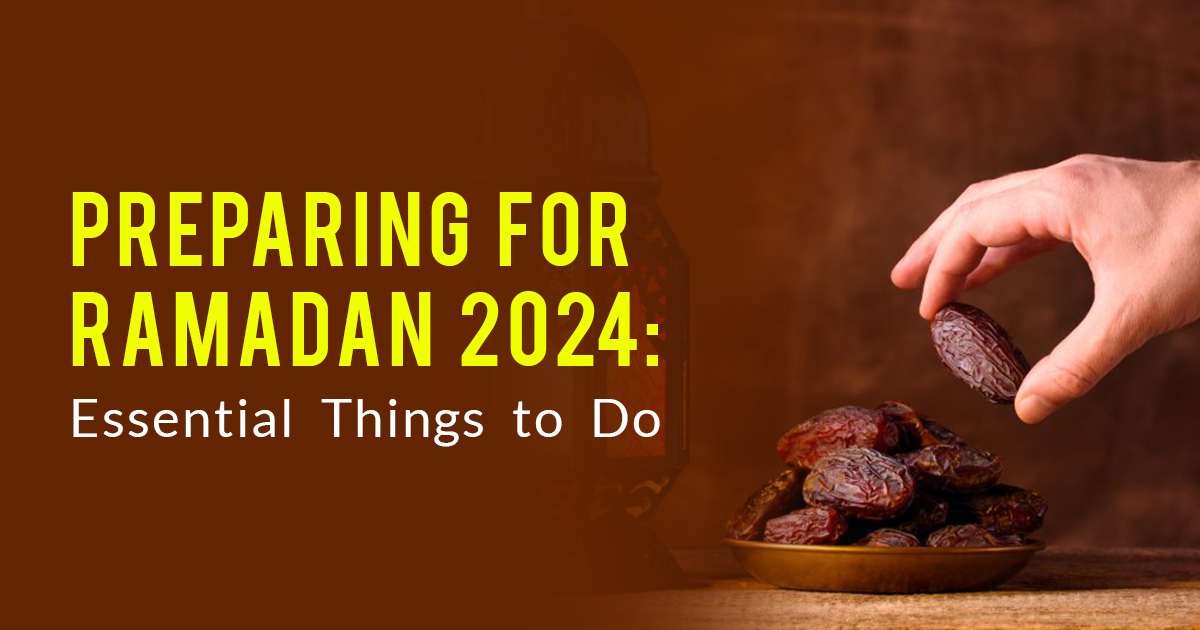We use cookies to make your experience better. To comply with the new e-Privacy directive, we need to ask for your consent to set the cookies. Learn more.
Women in Dawah: The Role of the Prophet’s Female Companions in Spreading Islam
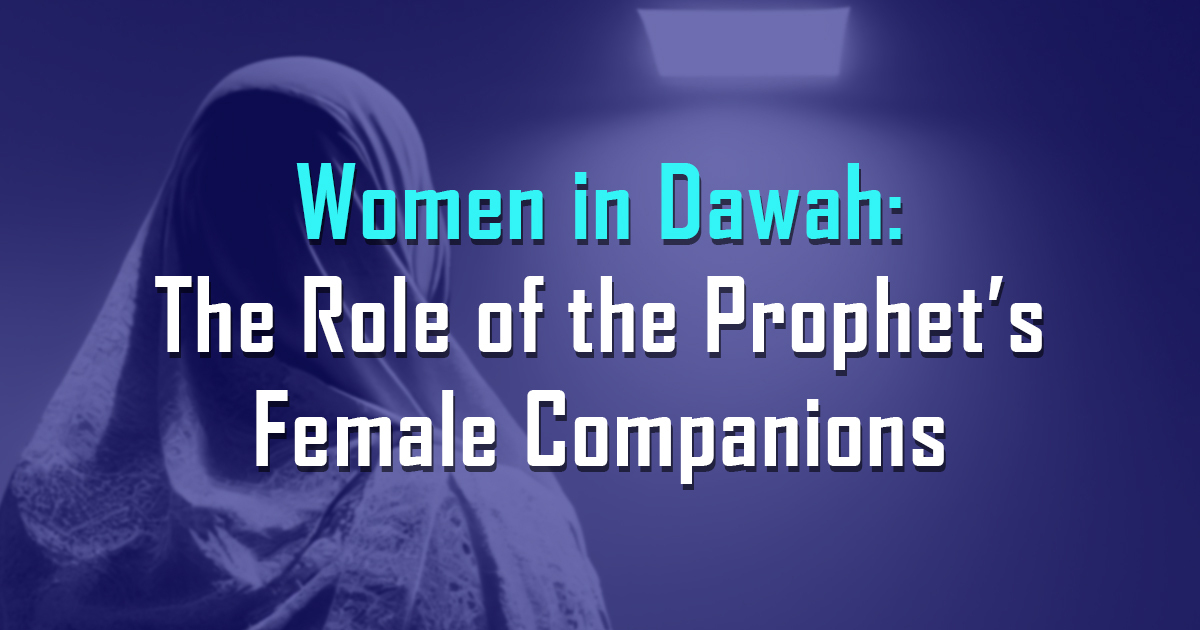
Women in Dawah: The Role of the Prophet’s Female Companions in Spreading Islam
In the early days of Islam, Dawah, the call to Islam, was a collective responsibility shouldered by all Muslims. Among them, the female companions of the Prophet Muhammad (peace be upon him) played a significant role in propagating the faith.
Their contributions were invaluable in shaping the Islamic community and spreading its message. This article delves into the historical context and highlights the impact that female companions have had on Dawah.
Enrich Your Faith with Our Collection of Women's Books
A Historical Perspective on Women in Islamic Dawah
Women's contribution to Dawah dates back to the time of the Prophet Muhammad (PBUH). They were educators, scholars, and philanthropists. Their active participation in society showcases the egalitarian spirit of Islam and its recognition of women as significant members of the community.
Key Roles Female Companions Played
- Educators and Scholars: They taught the principles of Islam to children and adults, ensuring the community's growth in knowledge and faith.
- Philanthropists: Their charitable work rooted Islamic values deeply into the social fabric of Muslim life.
- Supporters of The Prophet: They provided emotional, intellectual, and sometimes financial support which was essential for the spread of Islam.
The Breakthrough of Female Protagonists
Khadijah bint Khuwaylid (RA)
- First to Accept Islam: Khadijah's belief solidified the credibility of the Prophet's message in Mecca.
- Encourager and Support: She was the unwavering pillar that the Prophet leaned on during the most challenging periods.
Aisha bint Abi Bakr (RA)
- Teacher of Goodness: As an educated woman, Aisha transmitted a large number of Hadiths and was a source of religious and ethical instruction.
- Defender of the Faith: Post-Prophet's demise, she played a key role in resolving conflicts and guided the Muslim community.
Fatimah bint Muhammad (RA)
- Symbol of Virtue: Fatimah's life exemplified devotion and her actions served as a model for Muslim women to follow.
- Advocate of Islam: Her speeches and public appearances bolstered the Muslim spirit during times of hardship.
Lessons from the Lives of These Women
- Integrity and Devotion: Their stories emphasize the importance of virtues like honesty, devotion, and unconditional support in the success of any mission.
- Scholarship and Wisdom: Their intellectual contributions show the value of education and knowledge in Islamic tradition.
- Empathy and Social Service: Their lives highlight the role of compassion and social welfare in community-building.
The Undeniable Role of Women in Islam
Equality in Spiritual Pursuits
- Hadith Transmission: Women narrated Hadiths, transmitting the teachings of the Prophet to future generations.
- Islamic Jurisprudence: They partook in scholarly discussions, influencing Fiqh and legal rulings.
Moral and Ethical Advocacy
- Inclusive Teachings: The inclusiveness of Islam was personified through their openness to teaching both men and women.
- Vanguard of Ethics: Their ethical standards set a benchmark for both genders in society.
The Contemporary Reflection: Women in Modern Dawah
Empowering Women Through Example
- Role Models: The Prophet’s female companions are perfect role models, advocating for women's active involvement in religious and societal edification.
Education and Leadership
- Islamic Scholarship: Women are encouraged to pursue religious scholarship, reflecting the precedence set by the Prophet’s female companions.
Community Service and Philanthropy
- Welfare Activities: Participation in community welfare and philanthropy continues to be a strong area where Muslim women contribute significantly.
Encouraging Women's Participation in Dawah Today
- Promotion of Islamic Education: Encourage women to excel in Islamic studies and create platforms for them to share their knowledge.
- Community Engagement: Facilitate women-led initiatives within the community to promote Islamic values and teachings.
- Support and Recognition: Recognize and support the contributions of women in all spheres of Islamic work.
Conclusion: Embracing the Legacy
The Prophet’s female companions' impact on Dawah remains a timeless narrative of devotion, wisdom, and empowerment. Their legacy transcends centuries, continuing to inspire Muslim women worldwide to engage in the noble task of Dawah with conviction and dignity.
FAQs Related to Women in Dawah
1. What is the significance of women in Dawah in Islam?
Women in Dawah played pivotal roles as educators, scholars, and role models, demonstrating the gender-inclusive nature of Islamic teachings.
2. Can women lead educational initiatives in Islam based on historical evidence?
Yes, historical evidence shows that women, like Aisha bint Abi Bakr (RA), were central to educational efforts, and their contributions continue to be a guiding force for Islamic education.
3. How could modern Muslim women be inspired by the Prophet’s female companions?
Modern Muslim women can be inspired by the dedication, wisdom, and virtues exhibited by the Prophet's female companions, striving to embody these qualities in their personal lives and community roles.
4. What can Islamic communities do to support women in Dawah?
Islamic communities can offer platforms, resources, and encouragement for women to pursue Islamic education, engage in scholarly pursuits, and take active roles in community affairs.
5. Are there modern educational works about the Prophet’s female companions available?
Yes, multiple books and articles provide insight into the lives and contributions of the Prophet’s female companions, serving as resources for both men and women to learn from.

 United Kingdom
United Kingdom United Arab Emirates
United Arab Emirates Pakistan
Pakistan







